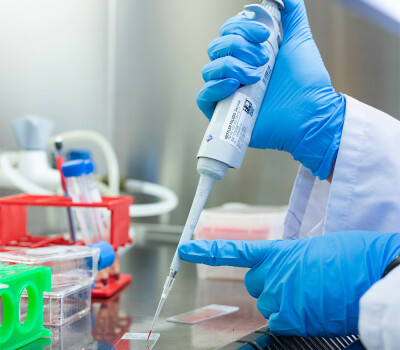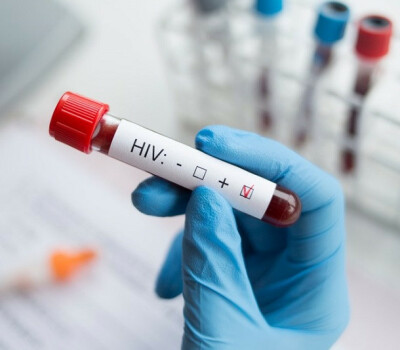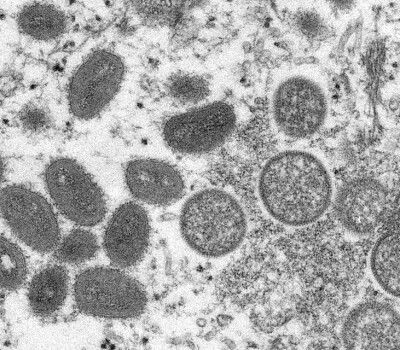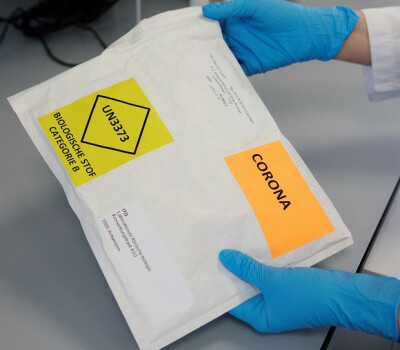
Tuberculosis
World's deadliest infectious disease
Tuberculosis (TB) is caused by the M. tuberculosis bacterium, which mainly affects the lungs. When an infected person coughs, sneezes or spits, TB bacteria can be transmitted to others through the air. With around 1.5 million deaths a year, TB is the world’s deadliest infectious disease. More than 95% of TB cases and deaths occur in developing countries. People with a compromised immune system, e.g. people affected by HIV, diabetes or malnutrition, have a 20 to 30% higher chance of developing the disease. Increased resistance against current medication is a huge problem in the fight against TB.
ITM has been conducting a wide variety of tuberculosis-related trials. These include, among others, determining whether a disposable tube device can increase the testability and bacteriologic yield among those at risk for underdiagnosis, assessing the accuracy and cost-effectiveness of computer aided detection of tuberculosis on chest radiographs, and comparing the safety and efficacy of new treatment regimens against drug-resistant tuberculosis.
Units
Labs
WHO TB Supranational Reference Laboratory - Coordinating Center
BCCM/ITM Mycobacteria Collection















